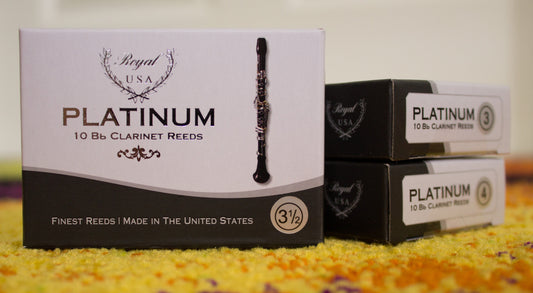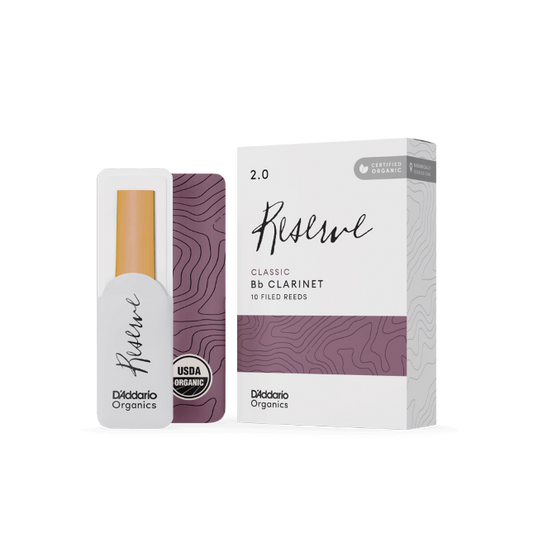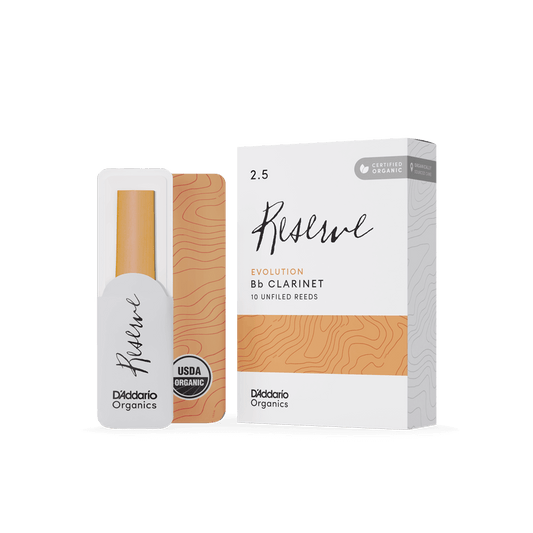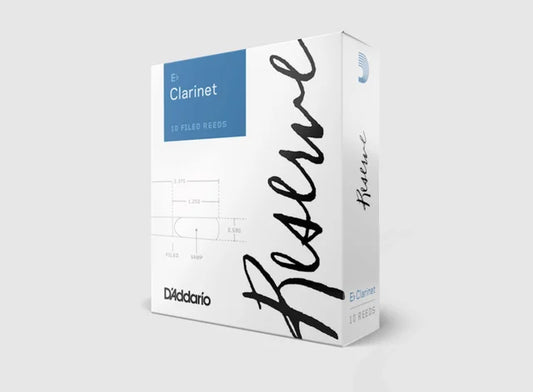Balancing Physical, mental, and Musical health
First of all, this is a loaded concept that I could probably write a novel on, but I am going to condense my thoughts into this longer blog post. This means that I am prioritizing what details I will include and there are details I will exclude. All different aspects of health are deeply personalized, require practice, and are constantly changing for me depending on what I think I need. I am also developing and adjusting my practices every day, so my practices may be different by the time you read this. Everyone is different, but this is the best balance I have found for myself for now. All of these aspects of my well being are connected and related, but for me personally my physical health practices, goals, and improvements are my foundation for my other health practices. When I am in good physical health, my mental health is more likely to be good. When my mental health is good, my musical health is more likely to be good.
Exercise

There are three aspects of my physical health that I prioritize: exercise, diet, and sleep. Exercise has been an important part of my life since I was a young girl. Long story short, I used to run casually, but I made a friend who I am deeply grateful for and she introduced me to CrossFit. Through CrossFit I learned what a foam roller was and I learned new stretches and exercises that helped me take better care of my body. I have been doing CrossFit for about 2 years now and I attend classes 4-5 times a week. Currently I go to the 6:00 am classes because that fits best with my schedule. On the days where I do not do CrossFit, I stretch, do a small bodyweight work out, or go for a walk. I assess what kind of exercise to do and how hard I will push based on my recovery from the previous day, how I feel mentally, and how much energy I will need to execute my goals for the day. My mental health has never suffered from exercising, but it definitely suffers from lack of activity. That being said, I know that pushing myself too hard physically can drain my energy for the rest of the day. I use my assessment of recovery and ability to carry out my goals for the day to keep myself in check so that I do not spend too much energy on exercise. I learned from being in graduate school that on the busy days where I had many rehearsals or had to record for an audition that I would need more energy and would likely have to forfeit CrossFit for that day. My recovery from the previous day is heavily based on sleep, diet, and hydration. If I don’t give myself the recovery that I need, then my workout the next day will suffer, my mental health will suffer, and I may not be able to accomplish everything that I need to. So to summarize, I exercise daily in order to maintain my mental health, and my exercise intensity depends on the energy that I need to execute my daily goals and how well I recovered from the previous day.

Diet

My diet affects my energy levels, my ability to recover, and my mental health. I have not tried many diet trends, but I have found that sticking closely to the Whole-30 rules keeps me feeling my best physically and mentally. It has strict rules and is technically only intended to be followed for 30 days. However, without getting too deep into the rules of Whole-30, I followed the guidelines of adding food back into my diet and eating strictly Whole-30 works the best for me. I only keep Whole-30 compliant food in the house, and when I go out to eat with friends I allow myself to break the rules. I am human after all, and I like “fun” food. I try not to eat within 2 hours of going to sleep because it decreases my body’s ability to recover if it is trying to digest food while I am sleeping. Hydration is also important, so I make sure that I get the electrolytes I need and I drink about three-four liters of water a day. My mental health benefits from complying to Whole-30 because I notice I have longer and more intense focus, positivity, fewer mood swings, and less anxiety. There are several studies linking healthy eating to improved mental health, however, the trick is figuring out which version of “healthy eating” positively affects your mental health. Everyone’s physical and chemical makeup is different, and by trial and error this is what I have found that works for me.
Sleep
I personally value sleep even more than exercise and diet. Before I get into my sleep practices, I strongly recommend reading or listening to Mathew Walker’s book “Why We Sleep.” I am sure everyone “knows” sleep is important, but I think most people do not understand why sleep is important. I’ll leave it to Dr. Walker to get into the science of sleep and health, but I will say that when you sleep your brain is cleaning itself and getting rid of all the toxic chemicals that build up while you are awake throughout the day. While you sleep, your brain is storing important memories and motor functions (such as that technical passage you may have been struggling to nail that day), and your brain is getting rid of the unimportant memories (such as the memory of how to incorrectly play that passage). While you sleep, your brain is taking care of your body so that you recover for the next day. Since I made sleep a priority, I invested in one of the most accurate wearable sleep trackers called the Oura Ring. This ring gives me information about what stages of sleep I was in, when I was in them, and how long I was in them. It tells me my heart rate throughout the night, my heart rate variance, my blood oxygen level, and my internal body temperature. It tells me even more information than this, but these are the numbers that I use to assess what activities I will do for the day and how well I recovered from the previous day. That being said, I go to bed at around 9:30, I am asleep by 9:45, and I wake up at 5:30. On average I get about 7-7.5 hours of sleep, which I admit is not enough for me. I am at my best when I get 8 hours of sleep, which means being in bed for 8.5-9 hours. It is a goal of mine to incorporate a routine where I can be in bed by 9 and asleep by 9:15.

Mental Health: Mindset

I spent a lot of time discussing physical health because, as I said before, this is my foundation for my mental health and musical health. So, let’s get into my mental health. When I stick to my physical routines, I have the best chance of my mental health being in top shape. When my mental health or state of mind is in top shape I have clarity, I feel calm, I do not feel anxious, I feel confident, I feel powerful, I feel positive, and I feel driven. However, I cannot just rely on physical health to achieve this state of being. For me, mindset is a choice and a practice that I constantly strive to improve. In my opinion, mindset is the negative, positive, or neutral nature in which I allow my thoughts to exist. I came up with this definition up based on my own experiences and perception of my thoughts. Positive and negative mindsets are the thoughts that I create out of positivity and negativity. A neutral mindset to me are the moments when I take time to reflect and be honest with myself in a very matter-of-fact manner in order to gain clarity, make fair assessments, and achieve certain goals. It took incredible discipline to alter my own mindset. Most of my subconscious thoughts, especially about myself and the way I thought people viewed me, used to be rooted in negativity. My confidence suffered, my anxiety was high, I often felt very low, and I did not believe in myself. My turning point was realizing that I have to choose to believe in myself; how can I expect anyone to believe in me if I don’t even believe in myself? Changing the nature of my subconscious thoughts is my biggest challenge. It takes practice, every day, several times a day. It takes bringing the thoughts from my subconscious to my conscious and reflecting on why I think that way and how I can change it. I had to be more picky about what information I chose to put in my brain and surround myself with. I noticed that social media perpetuated negative natured thoughts, so I deleted all of my social media and turned to podcasts. (Although, I did recently have to create an Instagram account for work, and I do my best to use it strictly for work.) After ditching social media, I mostly listened to comedy podcasts because I love to laugh, but then I started listening to Jocko Willink’s podcast and audio books such as “Can’t Hurt Me” by David Goggins. Who better to listen to about mindset than a few Navy SEALs? I am also very careful about who I choose to surround myself with. I surround myself with people who inspire me to be better and who are working to reach their full potential too. This meant loosing some friends, but the friends I have now are incredible people and we build each other up. For me personally, mindset is a choice that I have to make every day and several times a day. I am not perfect, and every day I am practicing maintaining a positive and neutral mindset. I constantly evaluate the nature of my thoughts, and create thoughts that come from a place of self worth, self compassion, and honesty.
Musical Health: practice

Lastly, and this is probably what most people came here for, is musical health. The best way I have found to take care of my musical health is in my practice sessions. In performances, auditions, and interactions with other musicians I rely heavily on my own musical preparation and knowledge. This may seem obvious, but if I feel confident in my practice sessions, then I feel confident in my performances, auditions, and interactions. Mental health and mindset are a big factor in my practice sessions because I choose to be in a positive or neutral headspace before entering a practice session. Personally, if I try to practice when I have negative-natured thoughts, the practice session almost always ends in frustration and at best is simply unproductive. Most of the time entering a practice session with negativity winds up being counter productive because I was practicing with physical tension and a mindset that disables me from thinking creatively and critically. Sometimes I start out in a positive or neutral mindset, but I do not maintain control my thoughts and I shift to a negative mindset. When this happens, I put the clarinet down, I walk away, and I get my thoughts under control. I develop frustration in some of my practice sessions because I stop believing in myself and I let my insecurities speak louder than my potential. So I take time to calm down, reflect, build up my self belief again, and I re enter the practice session. Sometimes this takes 10 minutes, sometimes it takes an hour, sometimes it takes 24 hours. However, I find it worth it to take this time because I have a healthy relationship with the clarinet and I enjoy practicing. Therefore, my practice sessions improve, my performances improve, and my musical health improves.
Of course, there is the physical side of musical health as well. I almost injured myself in my master’s degree because I wasn’t stretching, taking breaks, or giving myself time to recover. There were nights that I would put ice on my lips because my chops would be so blown out and I had another 6-8 hours of rehearsing, teaching, practicing and/or performing the next day. My right arm developed shooting pain and soreness around my elbow, forearm, and wrist. I was overloaded with the amount of music I need to practice, and although I am very grateful for the experience I got, I am equally grateful that I have more time to be physically healthy now. Currently, I practice for 30-90 minutes at a time. After my warm ups and in between sessions I stretch my arms, shoulders, and back. I use a neck strap because it relieves tension in my right arm, and I practice sitting and standing. I also take one day a week off from practicing.
Balancing all aspects of my health takes a lot of mental energy and requires me to take plenty of time for reflection several times a day. I try to be as honest with myself as possible while I am reflecting. Every day is different, which is why I spend plenty of time reflecting. The way that I build balanced and healthy life style may not be useful to everyone, but after trial and error I learned that physical health is the foundation for all other aspects of my health. Comment below on some things that help you maintain your health!










